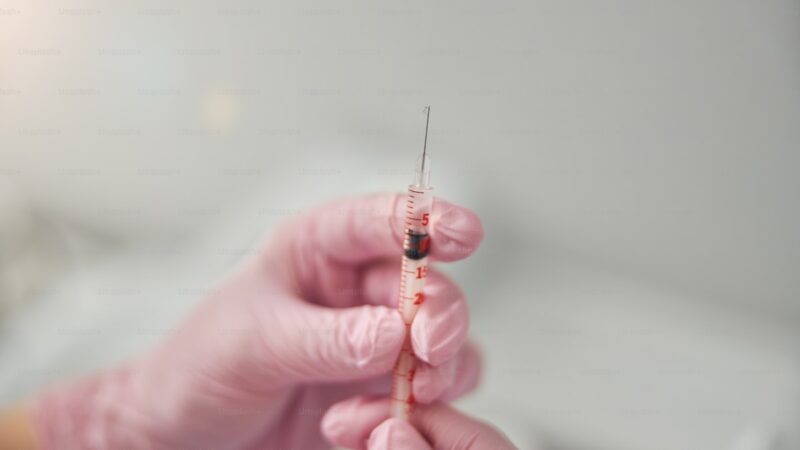Treatment Options for Typical Female Urology Issues

While it may be awkward to bring up the subject of female urological issues, doing so is essential to finding effective treatment and long-term resolutions. Many females may be unaware of the frequency and treatability of urological problems. This discourages individuals from opening up about the issue and getting their needed help. Many different urological issues affect both sexes. Lazare Urology can help with the most frequent urological issues affecting women.
Urinary incontinence after childbirth
This is a reference to postpartum incontinence, a common problem for new mothers. When the abdominal muscles are suddenly compressed, like when laughing, sneezing, coughing, jumping, lifting weights, or engaging in any other physically demanding action, this is a common occurrence. There is no need to freak out if this happens to you; it is a common problem with a simple solution. If you want to address and treat this issue, you should see a urologist. Physical and behavioral therapies are examples of non-invasive therapeutic options. This condition manifests itself differently in every woman.
Bladder Spasms
Multiple causes can contribute to an overactive bladder. The term “overactive bladder” describes a cluster of symptoms related to the urinary tract. Those suffering from OAB experience an urgent and unquenchable need to urinate.
The need to urinate frequently is another possible symptom. Pregnancy, postpartum, a urinary tract infection, etc., are just a few of the many variables that make this a personal experience for each woman. It is a common problem that can be solved by modifying one’s way of life, such as cutting less on booze and coffee. Your urologist can help you sort through any complications that may be present.
Inflammation of the Bladder
Urinary tract infection, or UTI for short, is an infection of the urinary bladder and the urethra. Although both sexes are susceptible, women have a slightly higher risk of having this illness. Urinary tract infections (UTIs) are a medical emergency that necessitates prompt treatment in women to prevent the infection from spreading to vital organs like the kidneys.
Constipation, using an unclean facility, and inadequate fluid intake are all risk factors for urinary tract infections (UTIs). Once the urologist determines what caused the UTI, treatment can begin.
Prolapse of the Pelvis
“dropping from a normal position” is the medical definition of prolapse. When a pelvic organ shifts downward from its normal position, this condition is known as prolapse. Weak muscles are to blame for this situation. Muscles help to keep organs in their designated locations. When this muscle weakens, the organ usually follows suit. Many things can cause this, but giving birth is the most prevalent. Sneezing, coughing, laughing, exertion, etc., all of which put pressure on the pelvic region, might aggravate this problem.







